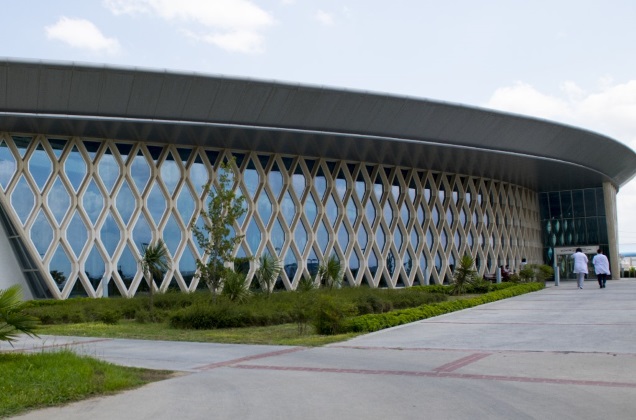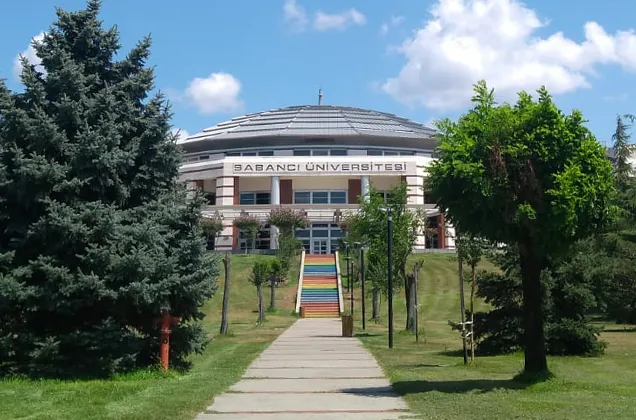19/04/2021
The NANOSIS platform, led by Sabancı University Nanotechnology Research and Application Center (SUNUM), received TRY 64.6 Million support from TÜBİTAK. The Pre-competitive Research Platform, established within the scope of the TÜBİTAK 1004 program, consists of 6 research programs.

NANOSIS, a Pre-competitive Research Platform led by Sabancı University’s Nanotechnology Center SUNUM, was supported by TÜBİTAK with TRY 64.6 Million for nanotechnological components, products, and systems for health monitoring and diagnosis. The platform created within the scope of the TÜBİTAK 1004 program includes 6 research programs managed by SUNUM, Sabancı University, Yeditepe University, and Eskişehir Technical University, and KORDSA A.Ş. and Arçelik A.Ş.
Prof. Dr. Fazilet Vardar, the Director of SUNUM, said, “Although the theme of the NANOSIS platform was established in the pre-COVID-19 period, it was based on the idea that infectious diseases will become the top priority health threat today with an important foresight. As SUNUM, we are pleased to lead a Pre-competitive Strategic Cooperation Platform that can be an example for our country with 6 research programs managed by institutions with different competencies.”
The theme of the NANOSIS Platform was created in the pre-COVID-19 period. Based on the view that infectious diseases will become a primary health threat today with the foresight of the future, the project focused on “developing fast, economical, and original nanotechnological components, products, and systems for medical follow-up and diagnosis”. In this way, the Platform became even more important by covering projects and prototypes that will meet the need for early diagnosis and preventive approaches for high-quality, widespread, and affordable health services.
The NANOSIS Platform aims to produce 23 prototypes at the TRL 6 level over 4 years. Accordingly, 15 technical project will be implemented with the ultimate goal of developing sensors which are based on nano-materials, miniaturizable, easy to use, robust, suitable for industrial processes, low-cost and have different sensitivity levels. The social and socio-economic impact of the Research Platform will be measured by a separate project. Projects are expected to begin on 01 February 2021.
The outcomes of the projects include preventive medicine studies such as diagnostic kits, biosensors, and home health concepts, and applications such as molecular detection of the type of contamination. The priority application areas of the project outcomes include point of care (POC) sensors, diagnostic kits and biochips, the environment and public health sensors, product development in the pharmaceutical and chemical industry, product component analysis and quality control, food safety, and prevention of biological/chemical attacks.
About The NANOSIS Platform and The TÜBİTAK 1004 Program:
The NANOSIS platform is a Pre-competitive Strategic Cooperation Platform that can be an example for our country, with 24 member institutions and organizations who were able to agree on a common IPR and governance agreement. The TÜBİTAK 1004 Program aims to enable research infrastructures to specialize and become centers of excellence by collaborating with R&D / Design centers and public R&D units. It has nationally traceable targets in alignment with national targets and policies. Its goal is to support research programs with high commercialization potential.


